Atoll HD 120 & MA 100
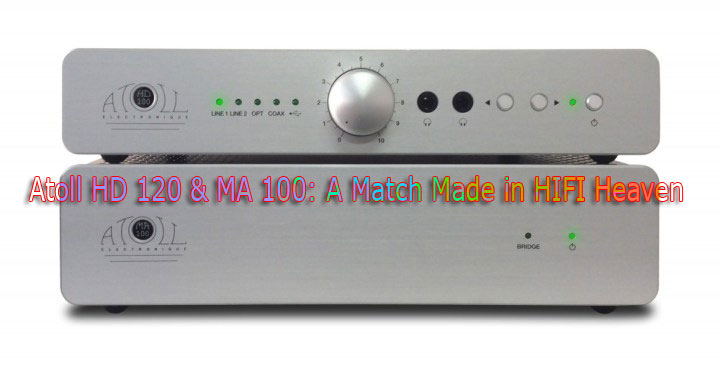
A few months ago, Atoll launched a new line of products that immediately stood out because of their compact nature. Their small size not only makes them a nice option for those who are short on space, but also gives them a friendly, appealing look. The HD120 preamplifier (the successor to the HD100) is a rather artful multifunctional device that possesses several major features:
◊ An integrated DAC that allows you to play digital music files of any format.
◊ Three high-definition digital inputs: for coaxial (32 bits/384 kHz) as well as asynchronous optical and USB connections (24 bits/192 kHz).
◊ Two analog (cinch) inputs .
◊ A Bluetooth connection so that you can stream your digital music files from mobile devices or tablets.
◊ Two headphone jacks; all on its own, the HD120 affords a high-quality experience when you want to listen to your digital music files and you have neither amp nor speakers.

For those of you looking for a DAC and/or a headphone amplifier, this single device will fill both roles perfectly. However, it is important to remember that the HD120 is also intended to be hooked up to a power amplifier because, as you’ll recall, preamps don’t have speaker outputs. On this note, Atoll’s MA100 power amplifier was released last year. This device is the same size as the HD120 and has some interesting features of its own. It delivers 2×60 W of power into an 8-ohm load. It operates in Class A mode for up to 10 W; above that, it moves into class AB. When paired with the HD120, the device can also operate in bridge mode and go mono, with the help of a little switch on the back that allows you to choose stereo mode or mono mode. In mono mode, the preamp is therefore hooked up to two MA100s (one per channel). This system delivers 2×120 W for a cost of €800 (two MA100s for €400 apiece). Clearly, the power to cost ratio is impressive.
Atoll will soon be coming out with a small streamer, the MS100, to complete this line of products. However, don’t expect this family to grow much larger. Thankfully, Atoll’s catalog offers plentiful possibilities to those looking to expand their sound systems.
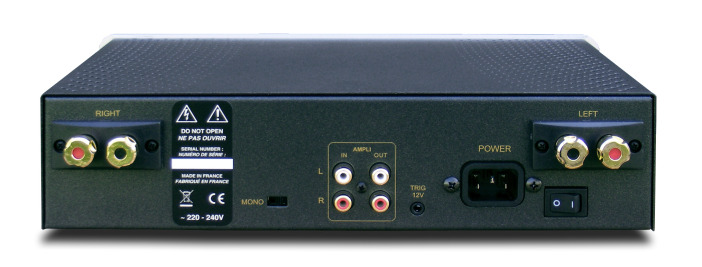
Like for Atoll’s other products, manufacturing quality is at the forefront. The brushed aluminum faceplates have become the brand’s hallmark feature over the last few years. The silver finish has a clean, understated, and rather chic aesthetic. Quite frankly, I did not like the black finish. The design of both the MA100 and the HD120 tends towards minimalism. The amplifier’s faceplate contains just two lights, a power light and a light that indicates the mode (stereo/mono). The preamplifier sports only a large volume button in the center, a simple and effective means of selecting sources. Atoll also thought to include two headphone jacks, for those who might want to listen to music with a friend. The Bluetooth connection was effective and worked smoothly. It was also very easy to use. The only downside is that this type of connection remains of lesser quality when compared to a wired digital connection.
Another rather practical design detail: the posts to which the speakers are connected are located on either side of the device’s back plate, which makes attaching the cables much easier. The only issue I had is that the remote control does not come standard and costs an extra €45.
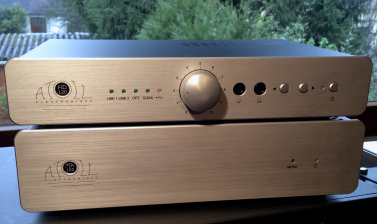
My audition
Atoll’s signature came through loud and clear: its products consistently reproduce music in a rather neutral way and with a wide dynamic range. For the audition, I paired the MA100 and the HD120 with Mulidine Allegretto speakers (and Atohm ZEF Max cables). Overall, I found the musical message to be rich, lively, and particularly well-balanced; the magnificent reproduction of the mid-range frequencies deserves special mention. I thought the pairing with the Mulidine Allegrettos yielded a very homogenous sound. The system skillfully brought out the music’s liveliness; this ménage à trois generated some delicious chemistry, bringing together performance and precision to convey the music’s sweetness.
When using my headphones, I savored the sound’s rich details and excellent dynamic range. These characteristics are even more delectable when you use high-quality headphones. For instance, I carried out the audition with Focal Spirit Ones, Fostex T50RPs, and Sony MDR-1Rs.
Given the very affordable cost of this amp-preamp pair, you might be tempted to go with speakers in the same price range. However, don’t let their size and price tag fool you. The quality of these electronics is such that they deserve to be associated with a nice set of speakers. Hooking up two MA100s in mono mode to an HD120 offers a great solution to those who need to power more demanding or lower sensitivity speakers. As a result, this pair would make a great starting point if you are looking to put together a small, quality system. You may even ask yourself why you would need to spend more, since the ratio of performance to musicality and cost is so attractive.
I liked :
♥ The impressive quality to price ratio
♥ The products’ size and compactness
♥ The diversity and convenience of the digital inputs
♥ The MA100’s stereo/mono modes
I disliked :
♦ The fact that the remote control does not come standard


Technical Specifications – HD 120 :
Supply : 12,8 VA
Power : 1,4W/32 Ohms
Impulse power : 6,8W/32 Ohms
Total of capacitors : 12.425 µF
Input Impédance : 220 kohms
output Impedance on headphones (x2) : 1 Ohm
Bandwidth : 1 Hz – 150 KHz
Rising time : 3µs
Signal/Noise ratio : 112 dBA
Distorsion at 1 Khz :
Dimensions : 320x220x60 mm
Weight : 2,5 Kg
Technical Specifications – MA 100 :
Supply : 2x60w sous 8 Ohms, 2x80w sous 4 Ohms,
1x120w en mode bridgé mono
Power : 170 VA
Total of capacitors : 16.600 µF
Input Impédance : 110 KOhms
Sensibility : 1,68 V
Signal/Noise ratio : 100 dB
Distorsion at 1 KHz : 0,05% / 10w
Bandwidth : 5 Hz – 200 KHz
Rising time : 2 µs
Dimensions : 320x230x83 mm
Weight : 4 Kg
This article originally appeared in Michel Aublanc’s The State of Sound in France (link below)
Stereo Times Masthead
Publisher/Founder
Clement Perry
Editor
Dave Thomas
Senior Editors
Frank Alles, Mike Girardi, Russell Lichter, Terry London, Moreno Mitchell, Paul Szabady, Bill Wells, Mike Wright, and Stephen Yan,
Current Contributors
David Abramson, Tim Barrall, Dave Allison, Ron Cook, Lewis Dardick, John Hoffman, Dan Secula, Don Shaulis, Greg Simmons, Eric Teh, Greg Voth, Richard Willie, Ed Van Winkle, Rob Dockery, Richard Doran, and Daveed Turek
Site Management Clement Perry
Ad Designer: Martin Perry


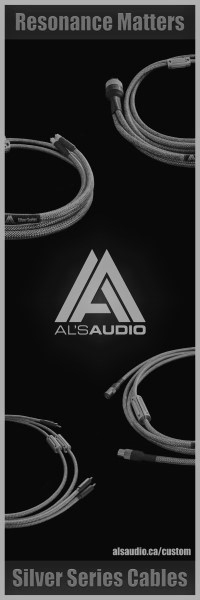

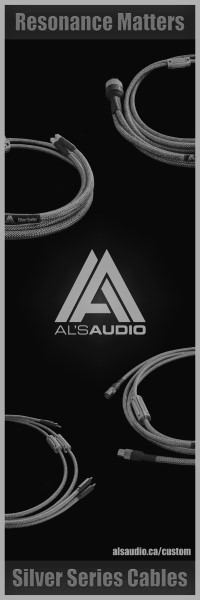
Be the first to comment on: Atoll HD 120 & MA 100